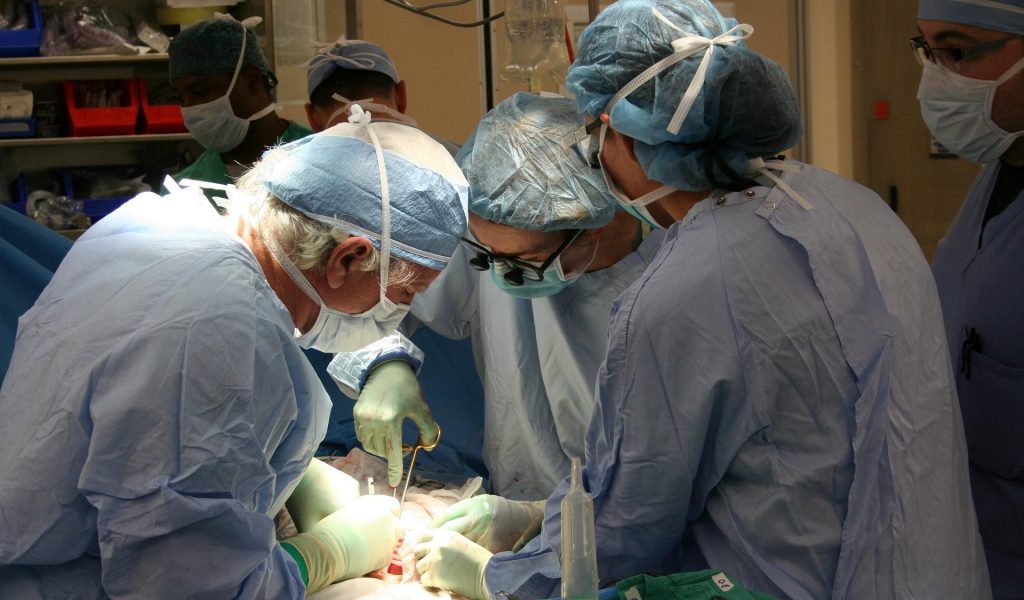Preserved liver transplantation successful a year on

Harry Hawkins discusses the recent findings surrounding liver grafting and what this implies for future organ transplantations.
A report from the British Liver Trust has found that a liver transplant conducted in May 2021 has allowed the recipient to remain healthy a year after the operation took place and therefore classified as successful and the findings have been published in the Nature Biotechnology Journal. What was so different about this operation from most other liver transplants was that the liver used in the procedure had been repaired and preserved for three days prior to transplantation.
The huma liver in this case was preserved at University Hospital Zurich using a machine that performs ex situ normothermic perfusion created by Swiss Research team Liver4Life. The machine supplies the organ with a blood substitute at normal body temperature while it is outside the body. This copies the conditions of the human body as accurately as possible to provide ideal conditions for human livers and this helps to preserve the condition of the donor liver.
This transplant also involved repairing the liver. Professor Pierre-Alain Clavien and his colleagues used various drugs to make the liver suitable for transplant, although it had not previously been approved for the process. Professor Clavien said “Our therapy shows that by treating livers in the perfusion machine, it is possible to alleviate the lack of functioning human organs and save lives”.
This operation is a game-changer in the world of liver transplants because there is an ever-increasing gap between the demand for liver transplants and the number of organs available for transplantation or donation. The current issue with liver transplants is that the clinical practice is to store donor livers for no more than 12 hours. In the UK, an adult waits an average of 65 days to receive a new organ.
In the UK, an adult waits an average of 65 days to receive a new organ
The benefits of extended time for a liver to be kept outside of a body safely are manifold beyond just being safe for transplant – possibilities such as applying therapies like antibiotics and hormones, optimising metabolism of the liver or lengthy tissue tests are available which would rarely happen in previous storage and perfusion methods.
Mark Tibbitt, Professor of macromolecular engineering at ETH Zurich, described this procedure as the “future of medicine”.
The recipient of the organ, a cancer patient who had been on the Swiss transplant list. He has said “Due to my rapidly progressing tumour, I had little chance of getting a liver from the waiting list within a reasonable period of time”.
Due to my rapidly progressing tumour, I had little chance of getting a liver from the waiting list within a reasonable period of time.
There are further plans for the findings from this development. In an article published in Nature Biotechnology, there is speculation that a time window of up to 10 days of storage may be viable, allowing for better assessment of donor organs and reduced risk for patients. The Liver4Life team is also planning to use similar perfusion machines to allow for the regeneration of liver for smaller samples. This could be applied to patients with various liver diseases by cutting out a small healthy section of the liver, and growing it in the perfusion machine, to then place it back in the patient whilst removing any diseased parts.


